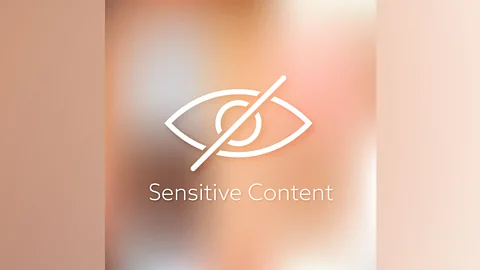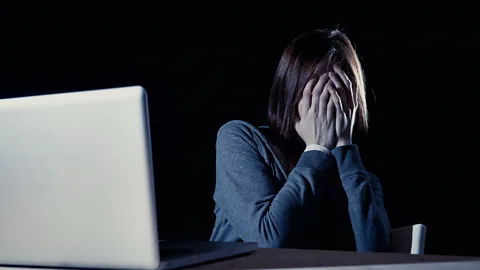Contains disturbing scenes.

Tech Life
Tech Life
What you don’t see
May 6, 2025
26 minutes
Available for over a year
Luckily much of what we see on social media is safe. But somewhere, somebody has to watch all the horrific content ed online in order to filter it out for the general public. We speak to a former who worked on Meta platforms in Ghana. Plus, the community project in Puerto Rico with an innovative way of keeping its power on. And we say goodbye to video call program Skype.
(Warning – this episode includes some distressing content and a reference to suicide.)
Presenter: Chris Vallance
Producer: Imran Rahman-Jones
Editor: Monica Soriano
(Image: A blurred out picture with a graphic of an eye and the text imprinted on it: "Sensitive content". Credit: Getty Images.)





